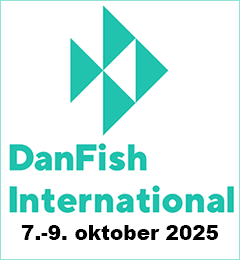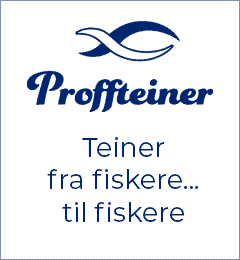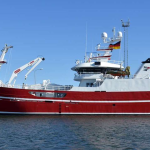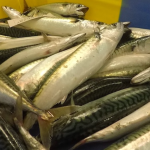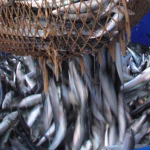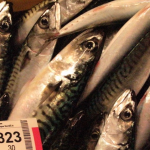Western Australian industry body WAFIC doesn’t see marine protected areas as a problem – ‘as long as they are well-designed and support a balance between commercial and environmental outcomes. But once the pendulum swings too far you’re suddenly defending yourself on all fronts.’
‘Federal Environment Minister Murray Watt, who we are yet to meet, has unilaterally made a commitment at the recent UN Oceans Conference to increase Australia’s ‘high priority sanctuary zones’ from 24% to 30%,’ said WAFIC CEO Melissa Haslam.
‘The announcement came with lots of fireworks, but little detail. To date, we have absolutely no understanding of where these sanctuaries zones will be, or what fisheries will be impacted. The whole situation is even harder to swallow given Australia has already exceeded international targets of 30% marine parks by 2030, with over 50% of our waters already under different levels of marine protection, meaning we protect more ocean than any other country on Earth.’
According to WAFIC, the Federal Government is successfully limiting the ability of Australian residents to eat our own fish, while having done little to stop the flood of seafood that comes from illegal, unreported and unregulated (IUU) fishing entering the country.
‘This is a missed opportunity to bring Australia closer to alignment with global seafood market states, such as the USA, European Union, Japan and the Republic of Korea that have already implemented anti-IUU fishing import controls,’ she said, adding that compensation is also a topic very close to home at present as WAFIC is working with the state government to develop a fair, transparent and timely process to compensate fishers impacted by the South Coast Marine Park and bring the forgotten fishers of the Greater Kimberley Marine Park into the fold.
‘While this is a government-led process, WAFIC is facilitating industry input and advice into the process through the Compensation Stakeholder Working Group. Industry stakeholders have already shared with me valuable insights from their own experiences. Further, there is good research that makes official the failings of the past,’ she said.
‘This is a complex process that requires detailed explanation, so WAFIC has worked with compensation expert, Professor Paul McLeod to explain it all in our new podcast. Paul provides a lot of clarity to the process in simple English and explains how fishers can best engage.’




